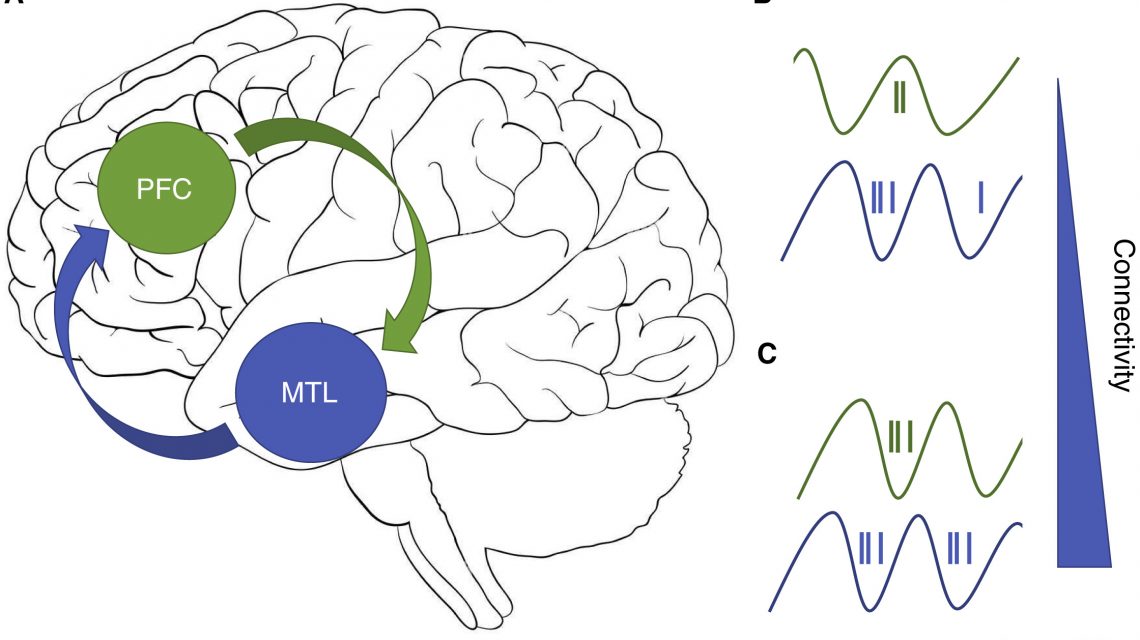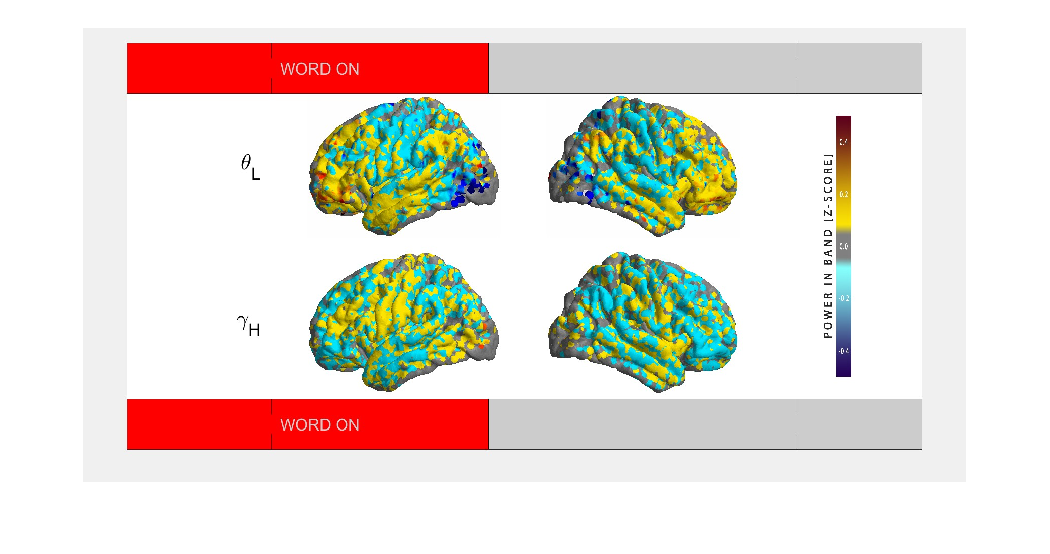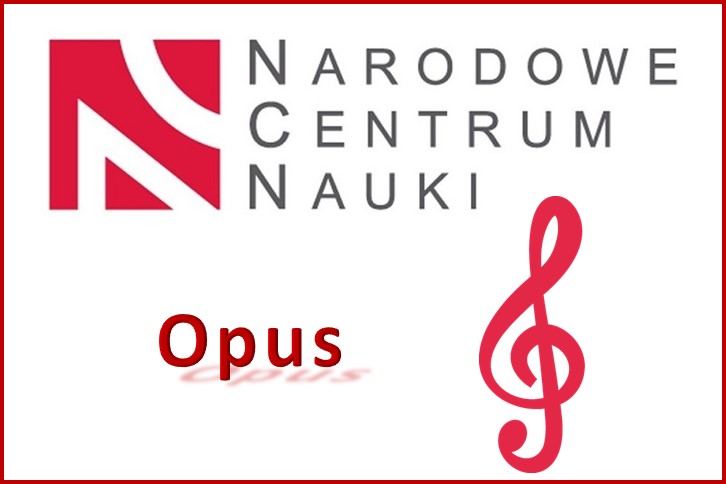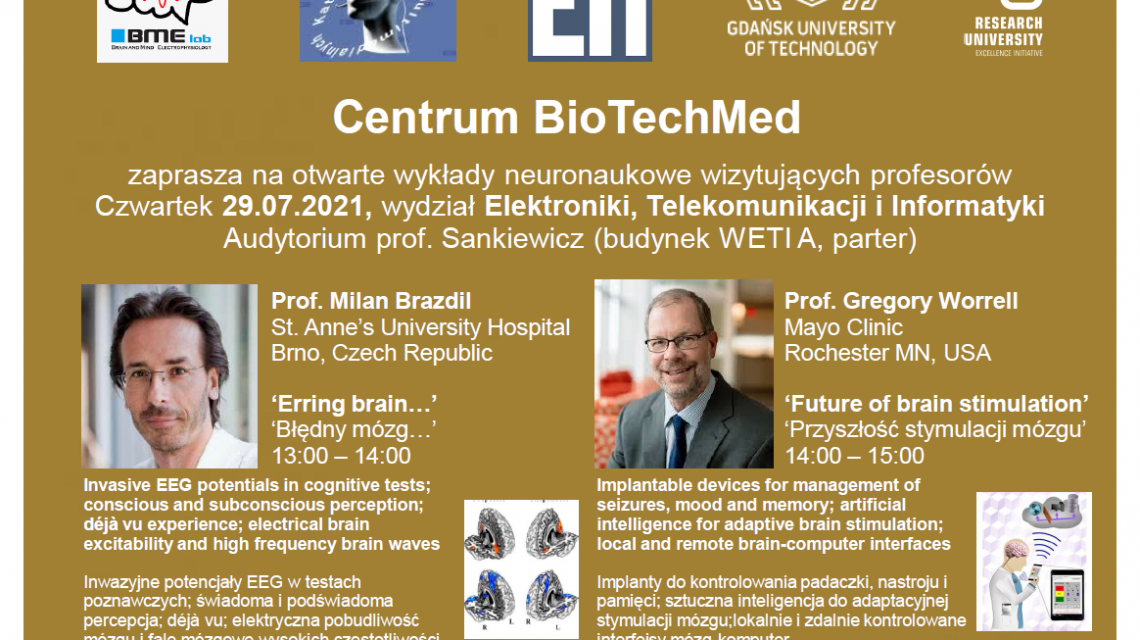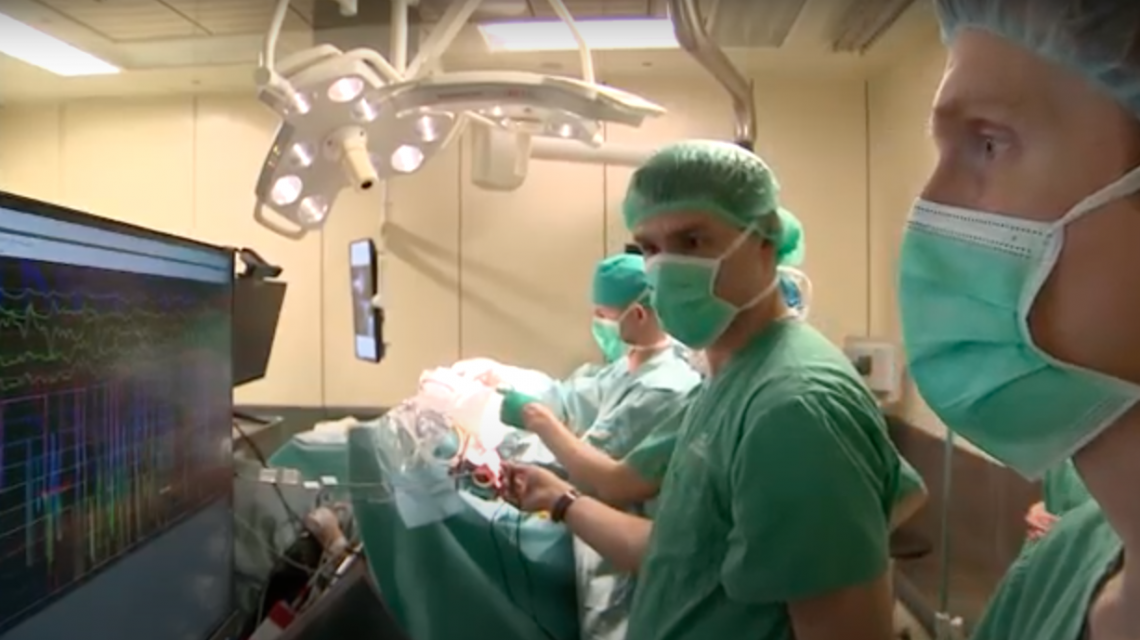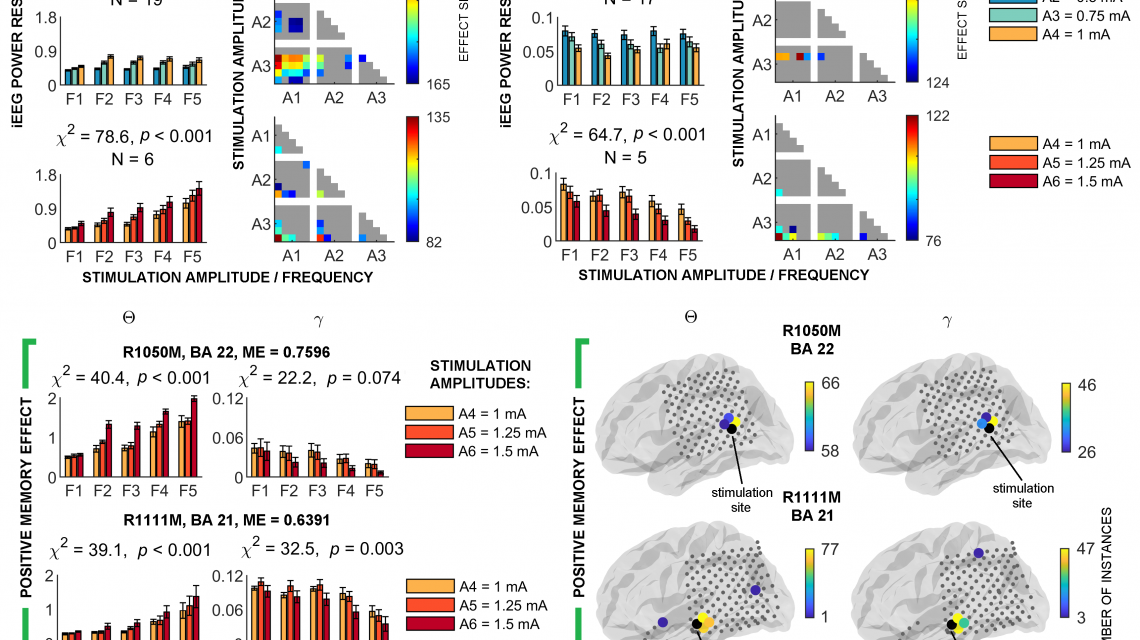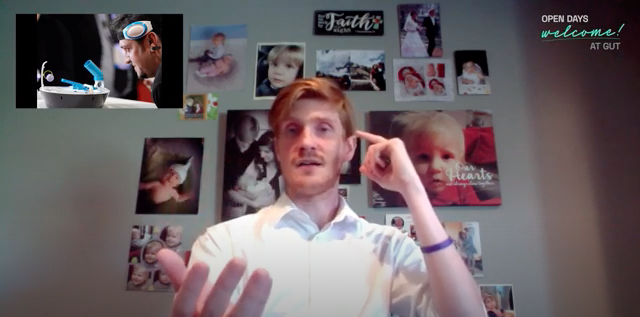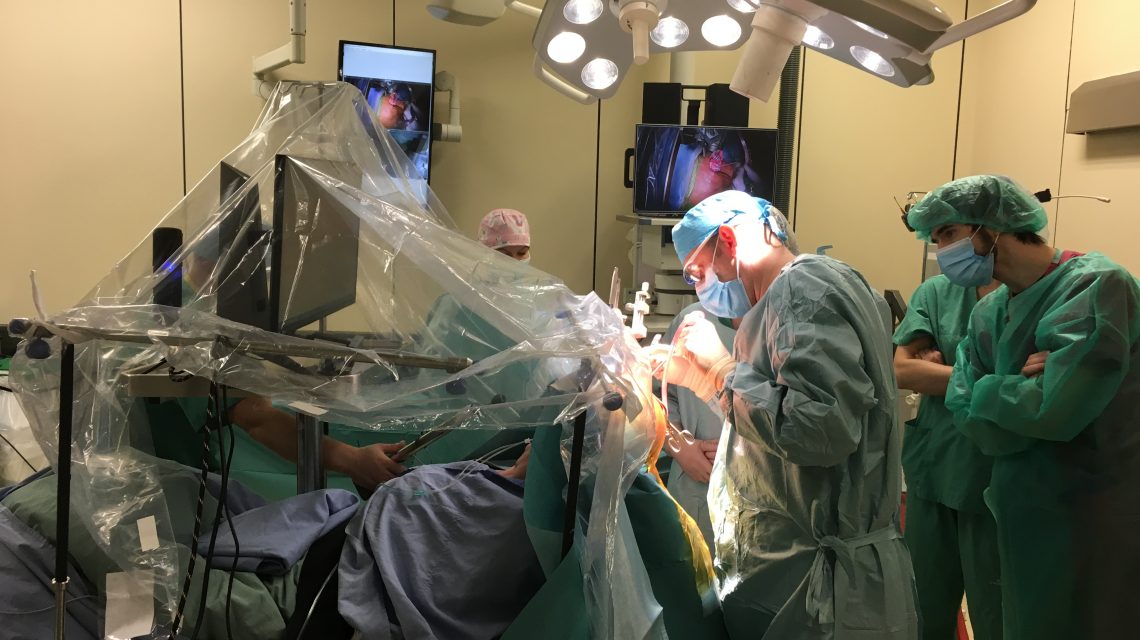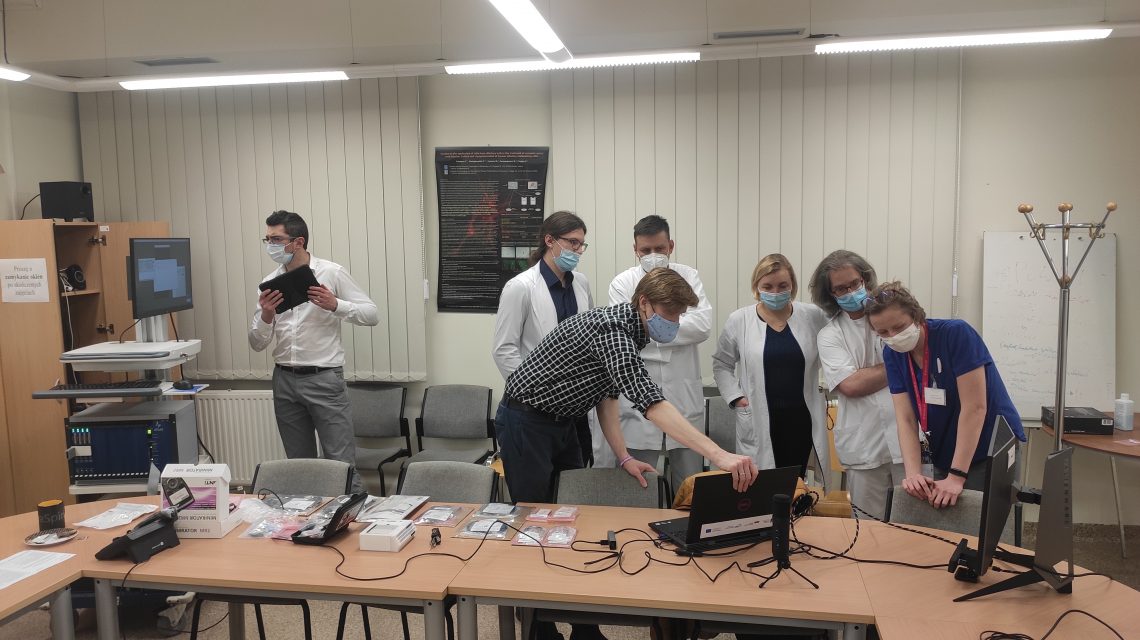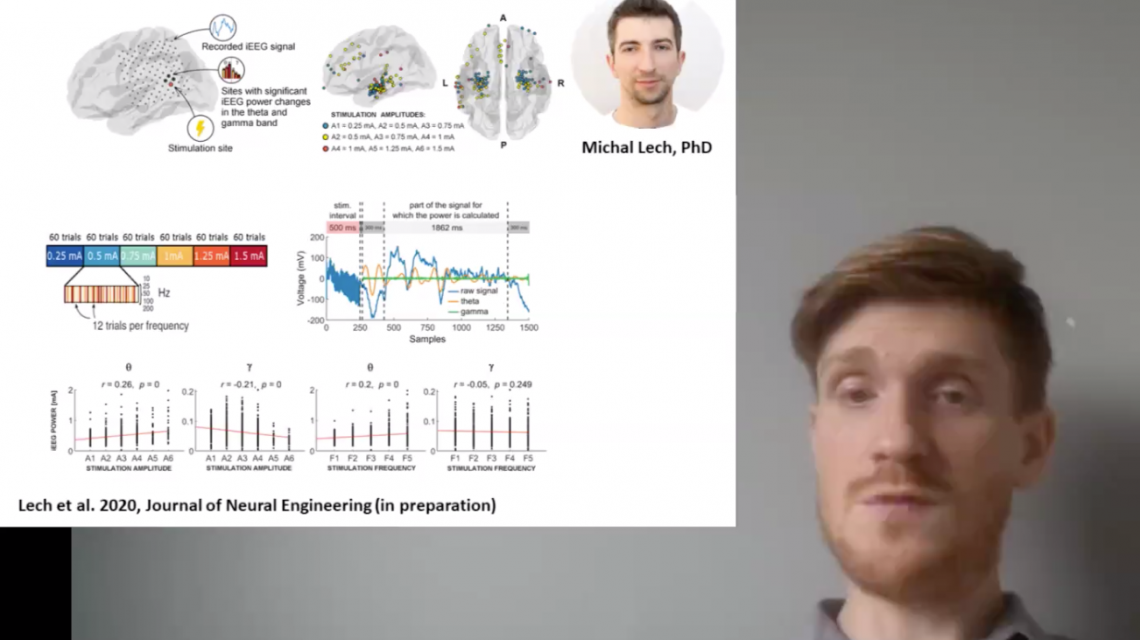Theta waves reveal how brain connections and memory develops in growing children
In the new issue of a prestigious journal Current Biology, Dr. Michal Kucewicz and our collaborator Dr. Jan Kaminski offer a commentary on the latest finding about the role of theta waves in the development of brain connections and our abilities to remember life events. The study was done in children and adolescents implanted with intracranial electrodes like the ones that we use for our research for treatment of drug-resistant epilepsy. The theta waves, which are approximately 3 to…
Continue reading
